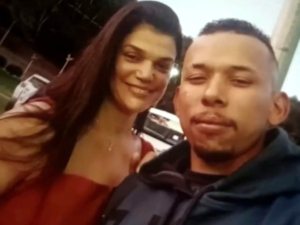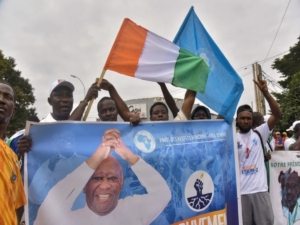On Sunday, United States President Donald Trump vowed to crack down hard on Washington, DC’s plights, to quickly jail criminals who roam the streets and force the homeless out of the nation’s capital.
“I’m going to make our Capital safer and more beautiful than it ever was before,” Trump vowed on Truth Social, saying: “We want our Capital BACK.”
“The Homeless have to move out, IMMEDIATELY. We will give you places to stay, but FAR from the Capital.”
“The Criminals, you don’t have to move out. We’re going to put you in jail where you belong. It’s all going to happen very fast, just like the Border,” he added. “This will be easier — Be prepared! There will be no ‘MR. NICE GUY.’”
Trump revealed that on Monday, more specifics are sure to be released in a news conference.
Recently, the U.S. president exploded with fury at the spate of crime roiling Washington, DC, after former Department of Government Efficiency (DOGE) staffer Edward Coristine, also known as “Big Balls,” was bludgeoned around 3 a.m. last Sunday.
19-year-old Coristine, who has since moved to the Social Security Administration, was assaulted by about 10 juveniles after attempting to intervene in an apparent carjacking, a police report confirms.
READ ALSO: DR Congo reshuffles cabinet, adds opposition figures amid eastern conflict
Authorities say at least two of his alleged attackers were later arrested, and there is a $10,000 award for information that leads to the apprehension of the others.
Donald Trump shared a picture of Coristine drenched in blood from the attack near DuPont Circle, which is about a mile away from the White House.
Last Thursday, the U.S. president broke the news that he intends to deploy federal law enforcement across DC to tamp down on crime.
Unlike other cities in the US, DC is governed by the 1973 Home Rule Act, which delegates certain powers to its mayor and the Council of the District of Columbia, per The Post.
READ ALSO: Ivory Coast protesters demand inclusion of opposition leaders in presidential race
Congress must review any laws the council passed and can overrule them, despite the fact that it rarely does.









